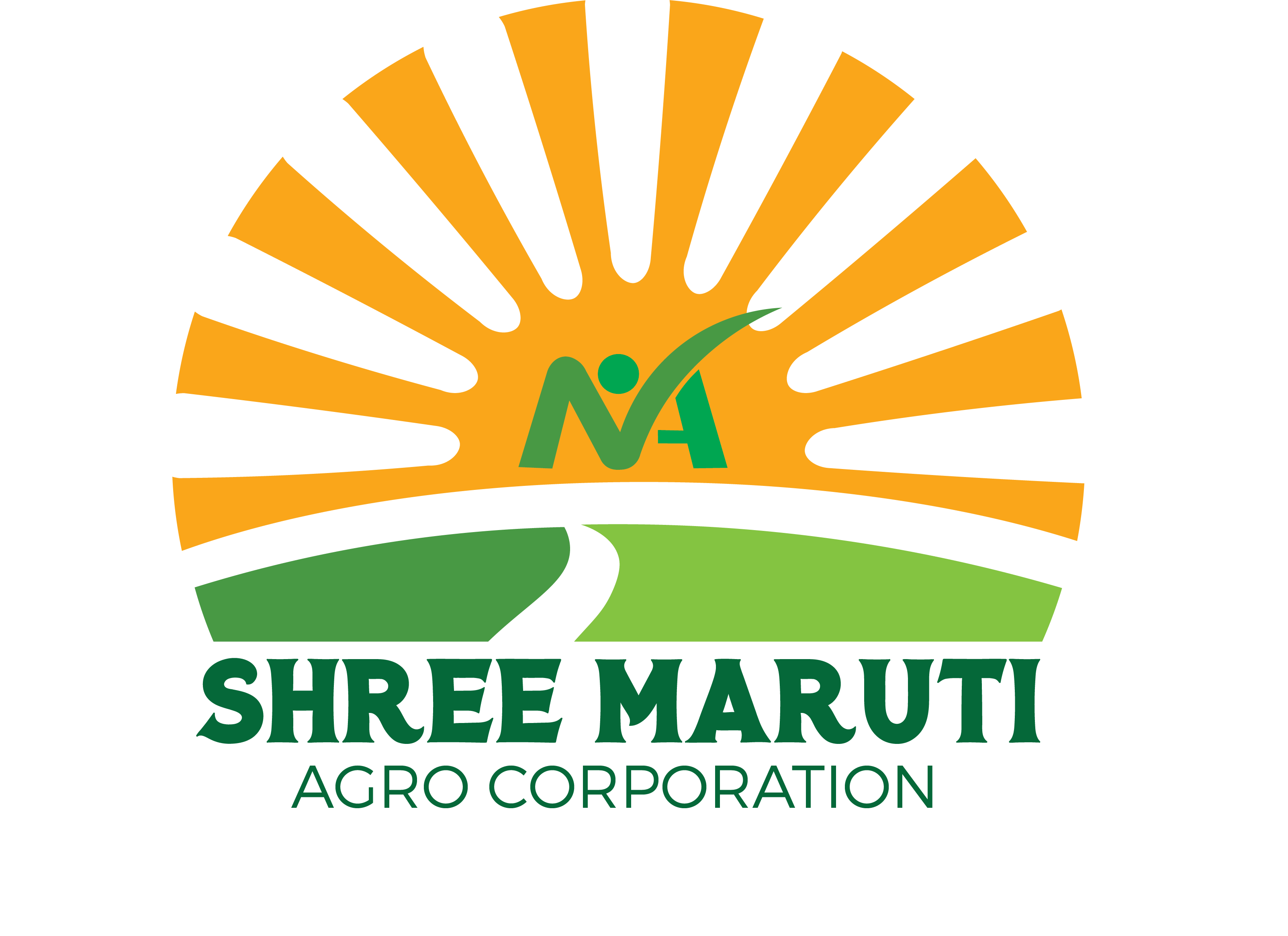Description
Mode of action:
Azotobacter in NPK liquid formulation increase nitrogen uptake, produce plant growth hormones (IAA, GA), vitamins enhancement in uptake NO3, NH4, H2PO4, K and Fe. Azospirillum is an associative micro aerophillic nitrogen fixer. This bacterium induce the plant foods to secrete and mucilase which aerate low oxygen environment and helps to fix atmospheric nitrogen. PSB possess the activity to solubilize the Phosphorous by secreting organic acids (Gluconic acid, formic acid, glutomic acid, lactic acid, citrate, malic acid) lower soil pH and turns unavailable forms of soil phosphate to available form. Some of hydroxyl acids ch-e-late Ca, Al, Fe and Mg resulting in effective availability of soil and reduced phosphate dose by 50%. KMB to mobilize potash available in soil of the plant activates the numerous enzymes system involved in formation of organic substances and protein compounds
Micro Nutrient Consortia produces organic acids and converting the insoluble zinc sulphide, Zinc oxide and Zinc carbonate into available Zn+ and insoluble form of ferrous, sulphur, Magnesium, Manganese, Cobalt and other nutrients to soluble form through lowering the soil Ph and breaking down the complexity and increase the crop yield and soil health.
Benefits to the crops:
- 100% organic and ideal for organic farming.
- 20-250 kg Nitrogen / ha / year is fixed from atmosphere.
- Helps in better development of white roots.
- Effective in overcoming the stress condition like drought, disease incidence and deficiency of nutrients.
- Helpful in controlling various roots related diseases.
- Also work as soil conditioner and hence no need for other soil conditioners.
- Improves the moisture holding capacity of soil.
- Makes soil soft and porous.
- Helpful in maintaining right pH of the soil.
- Better utilization of organic and inorganic fertilizer and hence reduces the wastage of fertilizers.
- Mobilizes and solubilizes phosphorous and potash which otherwise remain unused.
- Control khera disease in paddy
- Increase crop yield and the quality of the produce
- Apart from nitrogen fixation, growth promoting substance production (IAA), disease resistance and drought tolerance are some of the additional benefits.
- Improve root and plant growth
- Improve photosynthetic activity
- Improve seed germination percentage.
- Increase number & length of shoot and root.
- Help to reduce shortage of minerals and nutrients.
- Reduction in disease incidence.
- More yield.
- Reduce chemical inputs requirements.
Target crops:
Suitable for all types of crops like Wheat, Paddy, Maize, Cotton, Potato, Millets, Vegetables, Grapes, Banana, Pomegranate, Oranges, Plantation crops, Fiber and Oil producing crops.
Method of application and dosage:
- Seed Treatment – Mix 4 – 5 ml Macro + Micro Nutrient + VAM Consortia in 50 – 100 ml of water, mix thoroughly with the seed and shade drying for 1 hour before sowing the treated seed.
- Seedlings Treatment– Mix 4 – 5 ml Macro + Micro Nutrient + VAM Consortia per lit. of water. A solution of Macro + Micro Nutrient + VAM Consortia is prepared; seedlings are dipped in this solution for about 30 minutes before transplanting.
- Soil Application – Mix 500ml – 1.0 lit/acre of Macro + Micro Nutrient + VAM Consortia in 40-50 kg of well decomposed F.Y.M/compost or vermi compost or field soil and broadcast in the field before sowing or broadcast up to 45 days after sowing in standing crop and irrigate the field.
- Drip irrigation – Mix Macro + Micro Nutrient + VAM Consortia 1.0 lit /Acre in 100 liter of water and irrigate the field through drip irrigation.
Compatibility:
- Friendly with bio-fertilizers and bio-pesticides.
- Don’t mix with chemical Bactericide (antibiotic).



Reviews
There are no reviews yet.